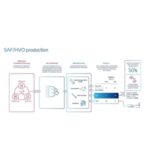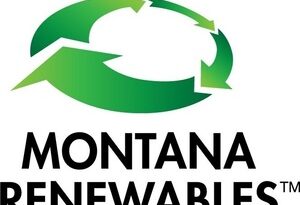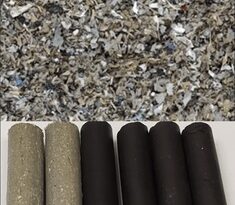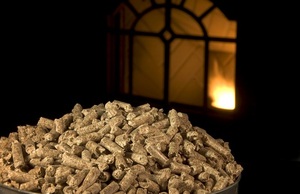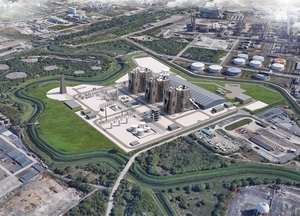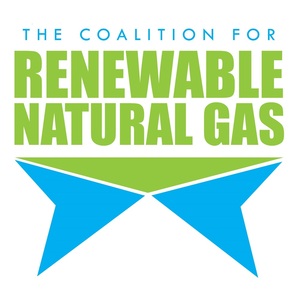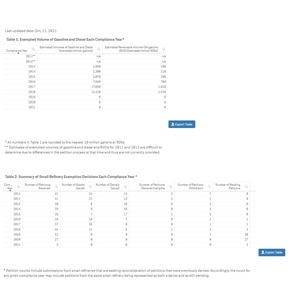LanzaJet, Marquis SAF partner to build Illinois plant
Energy Disrupter
ADVERTISEMENT
Today, LanzaJet, a sustainable aviation fuel technology provider and producer, has entered into a memorandum of understanding (MOU) with Marquis Sustainable Aviation Fuel (Marquis SAF) to construct a 120 million gallons per year integrated sustainable fuels plant in the U.S. using low-carbon intensity (CI) feedstocks to produce sustainable aviation fuel (SAF) and renewable diesel via the LanzaJet alcohol-to-jet process. The plant will employ on-site carbon capture and sequestration and renewable energy to produce SAF, resulting in a lifecycle greenhouse gas reduction of more than 70 percent compared to conventional jet fuel.
This first-of-a-kind fully integrated sustainable fuels production facility will be located in the Marquis Industrial Complex in Hennepin, Illinois, just two hours southwest of Chicago, on a 2,500-acre industrial site adjacent to the Illinois River. The facility is strategically positioned for global distribution via direct access to the Illinois River and proximity to vital pipelines to deliver sustainable fuels to Chicago O’Hare International Airport and Chicago Midway International Airport. The Marquis Industrial Complex also connects with a Class I railroad and multiple interstate highways.
“We strongly believe in the importance of taking action today to enable the decarbonization of industry, and our partnership with Marquis SAF is a clear example of putting this into practice. We’re able to drive deeper GHG reductions in existing biofuel production, ensure a prosperous future for producers and farmers alike, and decarbonize the aviation sector by deploying low-carbon liquid fuels where they will be needed most in the future – and importantly where they will drive the largest climate and air quality benefits when also considering non-CO2 impacts,” said Jimmy Samartzis, LanzaJet CEO. “This demonstrates the opportunity for the U.S. to produce meaningful volumes of sustainable aviation fuel at scale, transitioning feedstocks from the production of traditional biofuels into sustainable aviation fuel. SAF from existing sources alone could replace more than 50% of U.S. fossil jet fuel use. The key is low carbon intensity, where existing infrastructure is paired with carbon capture and sequestration and renewable energy. Marquis is doing exactly this and makes for a great partnership with LanzaJet.”
Marquis recently announced a plan for the Marquis Industrial Complex to be the world’s first carbon-neutral industrial complex with on-site access to carbon injection. “The partnership we now have in place with LanzaJet allows our company to advance low-carbon solutions to address the climate crisis,” said Mark Marquis, CEO of Marquis SAF. “LanzaJet’s ATJ technology will be fully integrated into our sustainable fuels plant with a focus on producing sustainable aviation fuel and renewable diesel. In addition, we are making investments in carbon capture, corn kernel fiber technology, and utilizing Marquis’ proprietary ProCap system for the production of high protein feed and renewable corn oil in this new state-of-the-art facility. This will enable us to lead the decarbonization of the transportation sector in the years to come.”
The partnership between these two Illinois headquartered companies will allow the Marquis Industrial Complex to lead in the development of sustainable fuels. The fully integrated SAF plant significantly expands the production of sustainable fuels in the U.S and places Illinois at the center of this expansion in building sustainable infrastructure that will help reduce carbon emissions. It serves as an example of the types of commercial plants and scale that can be developed across the U.S. LanzaJet recently announced its first plant in Georgia is expected to enter commercial operations in 2023. That plant will use low-CI, sustainably certified ethanol produced from waste sources and existing energy crops. Production of sustainable fuel made from low carbon intensity corn, in partnership with Marquis, is scheduled to begin engineering in 2022.






